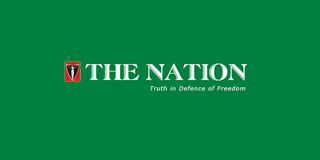
•The drum, muffled; the piano, plaintive; as the grand poet goes home
Two years before he died on March 25 at the age of 97, Gabriel Okara participated in a celebration of his literary celebrity. The Institute of Arts and Culture of the University of Port Harcourt, Rivers State, organized the Gabriel Okara Literary Festival to mark the giant’s birthday. The four-day event, held in April 2017, was testimony to Okara’s recognition.
Introducing the event, the institute’s director, Prof Julie Okoh, said: ”We strongly believe that we should not only celebrate our heroes when they are dead, but that they should also be part of that heroic celebration… Gabriel Okara will feature prominently in all the programmes of activities of Gabriel Okara Literary Festival. He will read, sing and dance as much as his health and strength will permit.” The festival’s theme was “Nigerian Literature since Gabriel Okara: Continuities and Departures.”
Okara, a literary pioneer, attracted attention with his poem “The Call of the River Nun,” which won a prize at the Nigerian Festival of Arts in 1953. The poem was adjudged the “Best All-Round Entry in Poetry.” By 1960, he had gained recognition for his poetry, some of which had been published in the literary magazine, Black Orpheus, and his poetry had been translated into several languages. He was among the prominent African writers who attended the historic African Writers Conference, held in June 1962 at Makerere University College in Kampala, Uganda.
There was no doubt about Okara’s poetic power. His collection, The Fisherman’s Invocation, won the Commonwealth Poetry Prize in 1979. In 2005, Okara’s The Dreamer, His Vision, won Nigeria’s biggest literary prize, the NLNG Prize for Literature.
Okara also wrote fiction. Indeed, his linguistically experimental novel, The Voice (1964), is a tour de force in which he ”translated directly from the Ijo (Ijaw) language, imposing Ijo syntax onto English in order to give literal expression to African ideas and imagery.” He wrote juvenile literature as well, notably Little Snake and Little Frog (1981) and An Adventure to Juju Island (1992).
His poetry and prose were vehicles for his unapologetic Africanism. His works explored the clash of cultures arising from Africa’s experience under European colonialism and colonization. The question of African cultural identity was a leitmotif in his creative works. He was described as “the Nigerian Negritudist,” which reflected his Africanist perspective.
Born in Bumoundi in Yenagoa, Bayelsa State, Okara attended Government College, Umuahia, and Yaba Higher College. He started writing during his stint as a printer and bookbinder in colonial Nigeria’s government-run publishing company in the 1940s. In the beginning, he translated poetry from Ijaw into English and wrote radio scripts. He later studied journalism at Northwestern University, United States, in 1949.
He was Information Officer for the Eastern Nigerian Government Service before the outbreak of the Nigerian Civil War in 1967, and was roving ambassador for secessionist Biafra during the war, which ended in 1970. It is said that many of his unpublished manuscripts were destroyed during the war. After the war, Okara was director of the Rivers State Publishing House in Port Harcourt from 1972 to 1980.
Interestingly, a 2017 book, Gabriel Okara, situates the writer in the context of African literature. The book, a compilation of symposium essays on Okara’s body of work, according to its editor, Prof Chidi Maduka, addressed Okara’s “place in African literature and the fact that he has not been given his full due in African literature.”
Okara’s well-anthologised poems, including “Piano and Drums” and “You Laughed and Laughed and Laughed,” carried his name far and wide. His place as a literator, and a significant voice in the evolution of African literature, is beyond question.
You may be interested

‘It Was A Fair Result’ — Troost-Ekong Reacts To Super Eagles Stalemate Vs Benin Republic
Webby - November 15, 2024Super Eagles captain William Troost-Ekong claimed the Super Eagles deserved a point from their 2025 Africa Cup of Nations qualifying…
Dikko Vows Full NSC Support For Nigerian Teams’ Continental Success
Webby - November 15, 2024National Sports Commission (NSC) Chairman, Shehu Dikko, has pledged the Commission’s commitment to support all Nigerian sports teams competing on…

Super Eagles Goalkeeper Nwabali Loses Father
Webby - November 15, 2024Super Eagles goalkeeper, Stanley Nwabali, has lost his father.Nwabali announced the death of his father on Instagram on Friday, November…



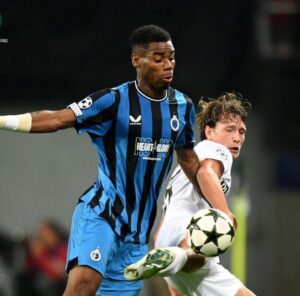


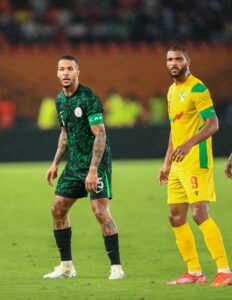
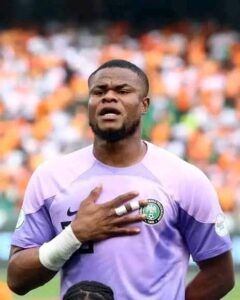
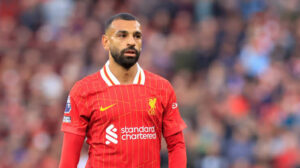
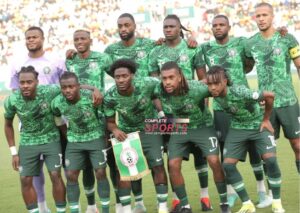
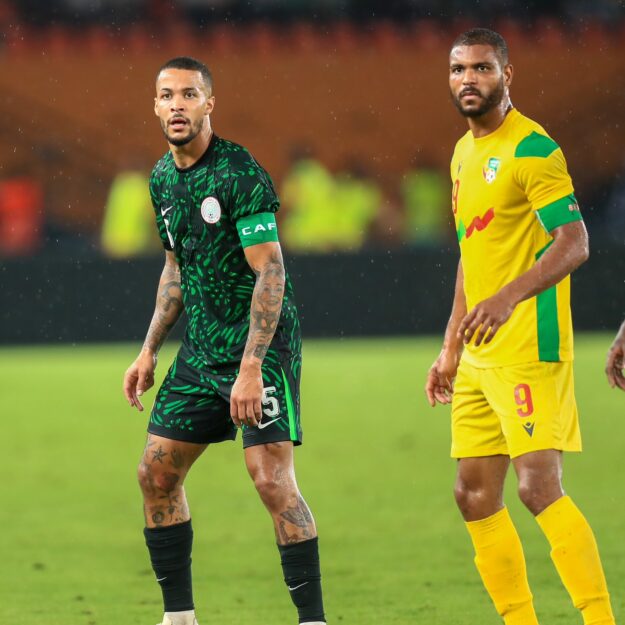
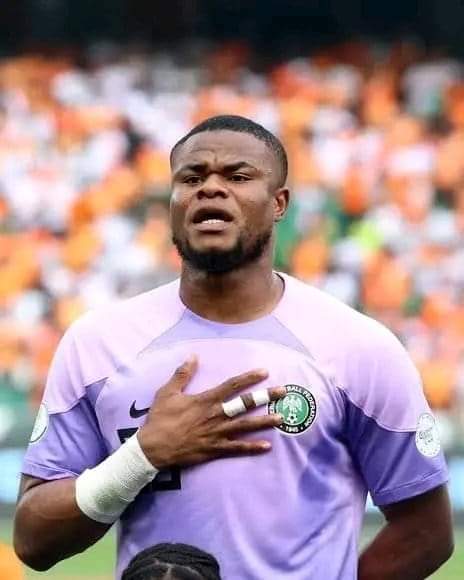
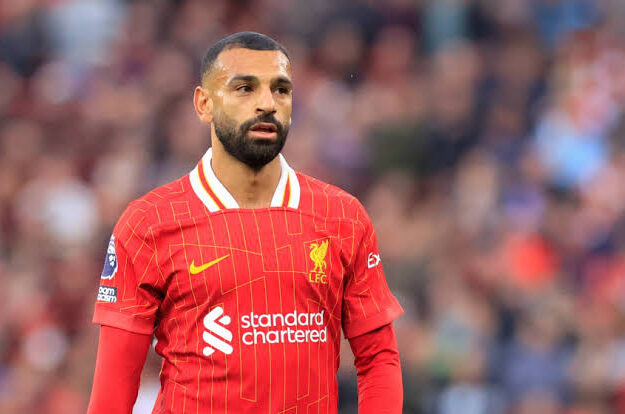
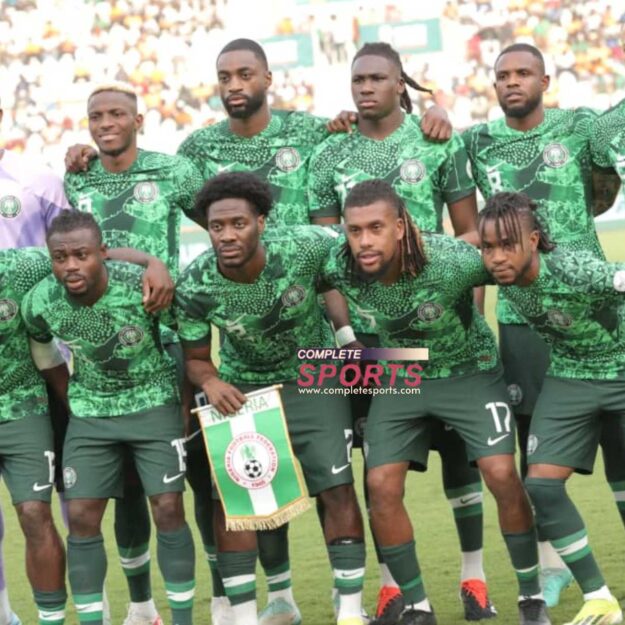


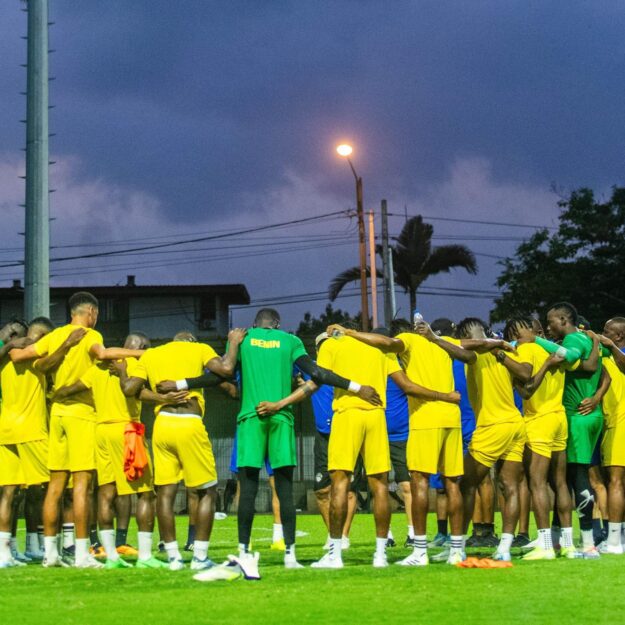
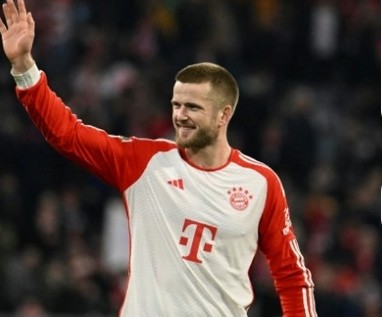
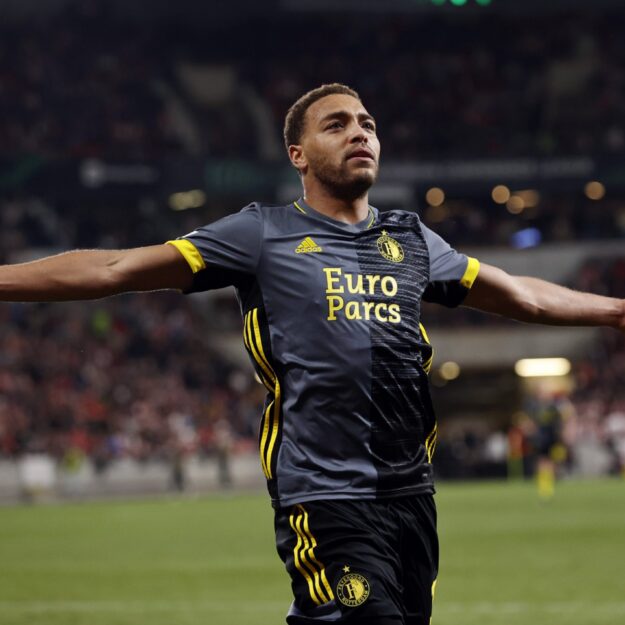

![American Pastor, David Wilson Seen Eating The Box Of Woman Who Isn’t His Wife [Video]](https://onlinenigeria.com/wp-content/uploads/2019/10/american-pastor-david-wilson-seen-eating-the-box-of-woman-who-isnt-his-wife-video-150x150.jpg)









